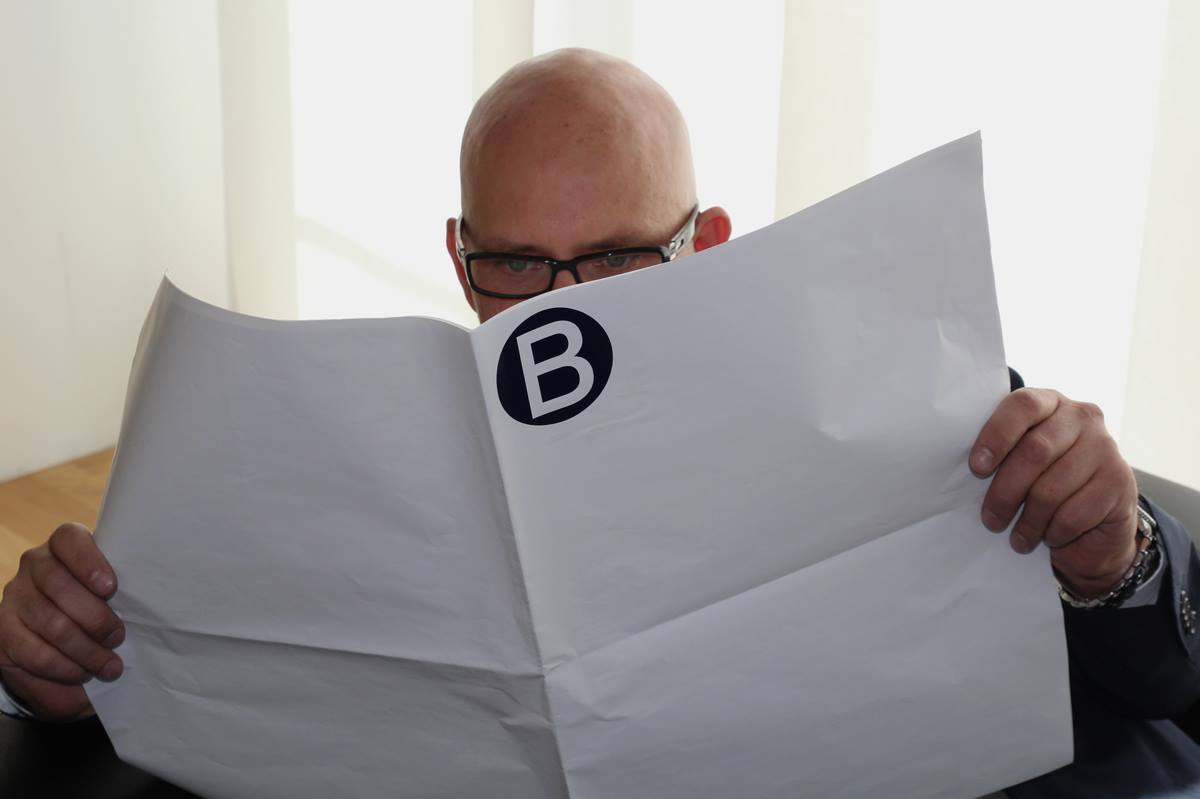Aller Anfang ist schwer — auch für Briefe oder E-Mails. Welche Anrede ist angemessen? Mit welchen Sätzen findet man einen netten Einstieg? Der Banking Club erklärt Ihnen in Zusammenarbeit mit Business Spotlight, wie Sie die Sache richtig angehen.
1. Writing to someone whose name you know
a) If you know the person well, use his or her first name:
Dear / Hi Karen
Whether you put a comma at the end of this line is a matter of style. In Britain, it is generally left out. The first sentence of the letter always starts with a capital.
If business partners refer to you with your first name in their correspondence and sign off using their first names, you can normally follow their example.
In informal e-mails, some people start with just a name (“Peter”), others put “Hi” without a name.
A typical way to end in such cases is “Best wishes”, “Kind regards”, “Regards” or “All the best”. In informal British English, people often write “Cheers”. In informal e-mails, some people put “Best”.
b) If you don’t know someone well, use his or her title and
surname:
Dear Mr / Ms / Dr / Professor Green
The titles “Mr”, “Ms” and “Dr” are normally written without full stops in British English and with them in American English. “Ms” is the recommended neutral way to address a woman.
“Dr” and “Professor” are never combined. You can write (or say) “Dear Dr Taylor” or “Dear Professor Taylor”, but not “Dear Professor Dr Taylor”.
End with “Yours sincerely” (British English) or “Sincerely (yours),” (American English).
c) If you are not sure what to put, use both the first name
and the surname:
Dear Angela Woods
This is neutral and personal, but not overly friendly. End the same way as in example b) above.
2. Writing to someone whose name you don’t know
a) Use a neutral phrase:
Dear Sir or Madam
“Dear Sir” (typically British) or “Dear Sirs” (typically American) are old-fashioned and should be avoided.
“To whom it may concern” is normally used only for job references.
End with “Yours faithfully” (British English) or with “Sincerely (yours),” (American English).
b) Use the company name:
Dear Amazon
This method is useful for writing to a firm when you don’t have a person’s name. However, you should always try to find out who you should be writing to.
End as in the last example, although you could put “Yours sincerely” in British English.
3. Writing to a group of people
There are various possible greetings in this case:
Dear / Hi all
Dear colleagues
Dear members of the board
Which greeting you use depends on the context. What is the working relationship between the writer and the readers? How well do they know each other? What is the company culture (formal, informal)?
SMALL TALK
Building relationships:
If you have a lot of contact with the same customer or business partner, try to build a relationship by adding a few lines of small talk to some of your e-mails — usually in the opening lines or as a closing paragraph.
Safe topics:
In more formal relationships, you have to be careful about the topics of small talk. The weather, holidays and sports are usually safe. If you know someone has been on holiday, refer to it in your opening line.
Formal language:
In formal e-mails, the plural form “we” is often used. Also, try to use more elegant vocabulary, such as, “We hope you had a pleasant trip”, rather than the more casual, “Hope the flight wasn’t too bumpy!”.
Informal language:
In informal e-mails, use “I” rather than “we”. You can also leave out the personal pronoun sometimes: “Hope you’re well”. If you use “just”, you can leave out “I”, as well as the inflected form of the auxiliary verb “be”: “Just wondering…”.
Signal words:
Show that you are moving on to business matters by starting a new paragraph. Signal that you are changing the subject by writing, “As (you) requested, …”, or, in informal emails,
“By the way, …”.
Examples for being formal
(a) Making small talk
We hope you had a pleasant trip back…
We’re sorry to hear that you haven’t been well and hope you
are feeling much better now.
(b) Moving on to business
As we discussed in the meeting, we will organize…
We’re writing to inform you…
Examples for being informal
(a) Making small talk
How’s it going? Not too busy, I hope?
Did you see the match last night? Shame Greece lost!
How was the trip to Japan?
Glad you’re feeling better.
(b) Moving on to business
Anyway, back to work!
Just wanted to let you know that…
By the way (BTW), Julie has confirmed the dates for the
London event…
© Business Spotlight
© Foto by zentilia – www.iStock.com




